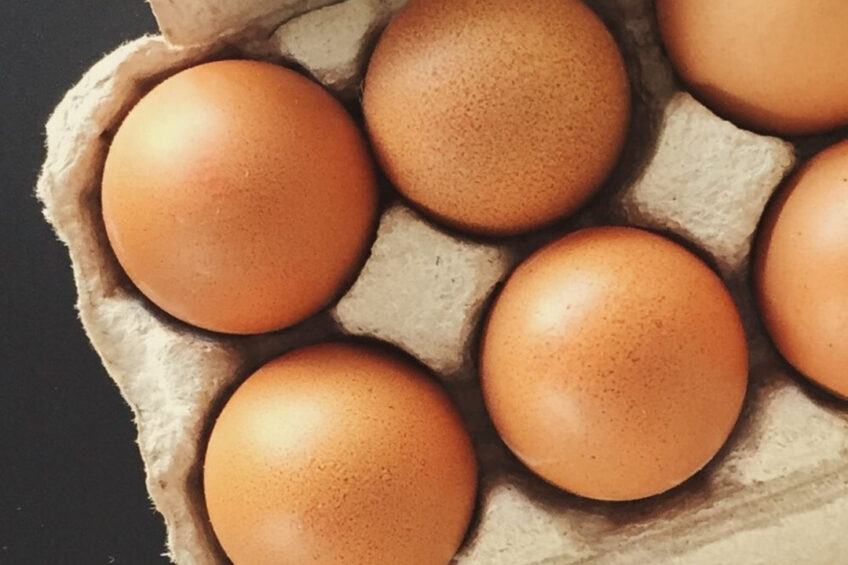Kazakh egg farmers ask for bigger subsidies to offset rising costs

Despite a rise in egg production and exports in Kazakhstan in 2022, farmers warned about dwindling profitability and tough competition in foreign markets.
In January-April 2022, Kazakhstan produced 1.6 billion eggs, which is an increase of 12.1% compared with the same period of 2021. Foreign sales stood at 72.7 million eggs, rising by nearly 12% in a year-to-year comparison.
“Brutal market conditions”
However, these dynamics don’t reflect the brutal market conditions egg farms have to deal with in 2022, said Ruslan Sharipov, president of the Kazakh union of poultry breeders.
Over the past 3 years, the price of poultry feed in Kazakhstan jumped from 40,000-42,000 tenge (US$83) per tonne to 180,000-190,000 tenge (US$390) per tonne.
“In the previous years, the government provided us with cheap feed, but recently, this is no longer the case. We need subsidies and cheaper feed,” Sharipov said.
Raising aid
The Kazakh government expects egg production to keep rising. In general, Kazakhstan looks forward to entirely abandoning imports to the domestic poultry market in the next 3 years, Aidarbek Saparov, first deputy agricultural minister, said during a recent press conference.
In the previous years, egg farmers complained about disparities in state aid distribution, as in 2021, out of 19.8 billion tenges (US$41 million) allocated to subsidise poultry farmers, 15.9 billion tenges (US$33 million) was passed to chicken meat producers and 3.9 billion tenges (US$8.2 million) to egg farmers.
However, under new rules that came into force on June 30, the subsidies have been set at 3 tenges (US$0.0021) per 1 sold egg. In 2022, the state budget will allocate 6.5 billion tenges (US$14 million) to subsidise egg production.
Price is said to be insufficient
However, even with the current state subsidies, eggs of Kazakh origin become uncompetitive in foreign markets compared with Russian and Belarus, Sharipov warned.
Kazakh poultry farmers cannot raise prices on export markets because, in this case, their share would be swiftly taken over by suppliers from Russia and Belarus, Sharipov admitted, adding that Kazakhstan currently sells eggs to neighbouring Tajikistan and Afghanistan.
On the domestic market, egg farmers have no opportunity to raise prices due to price caps introduced by the government earlier this year.
“This issue is no longer about the development and expansion of exports, but about the banal survival of the industry,” Sharipov said.
Low business margins
In the current conditions, the average profitability in the industry stands at 3-5%, which is globally considered to be a low level, said Kairat Maishev, general director of Zhas-Kanat poultry farm.
“For the normal functioning of the industry, profitability should be at least 10%, and to secure sustainable development, it should be close to 20%,” he added.












